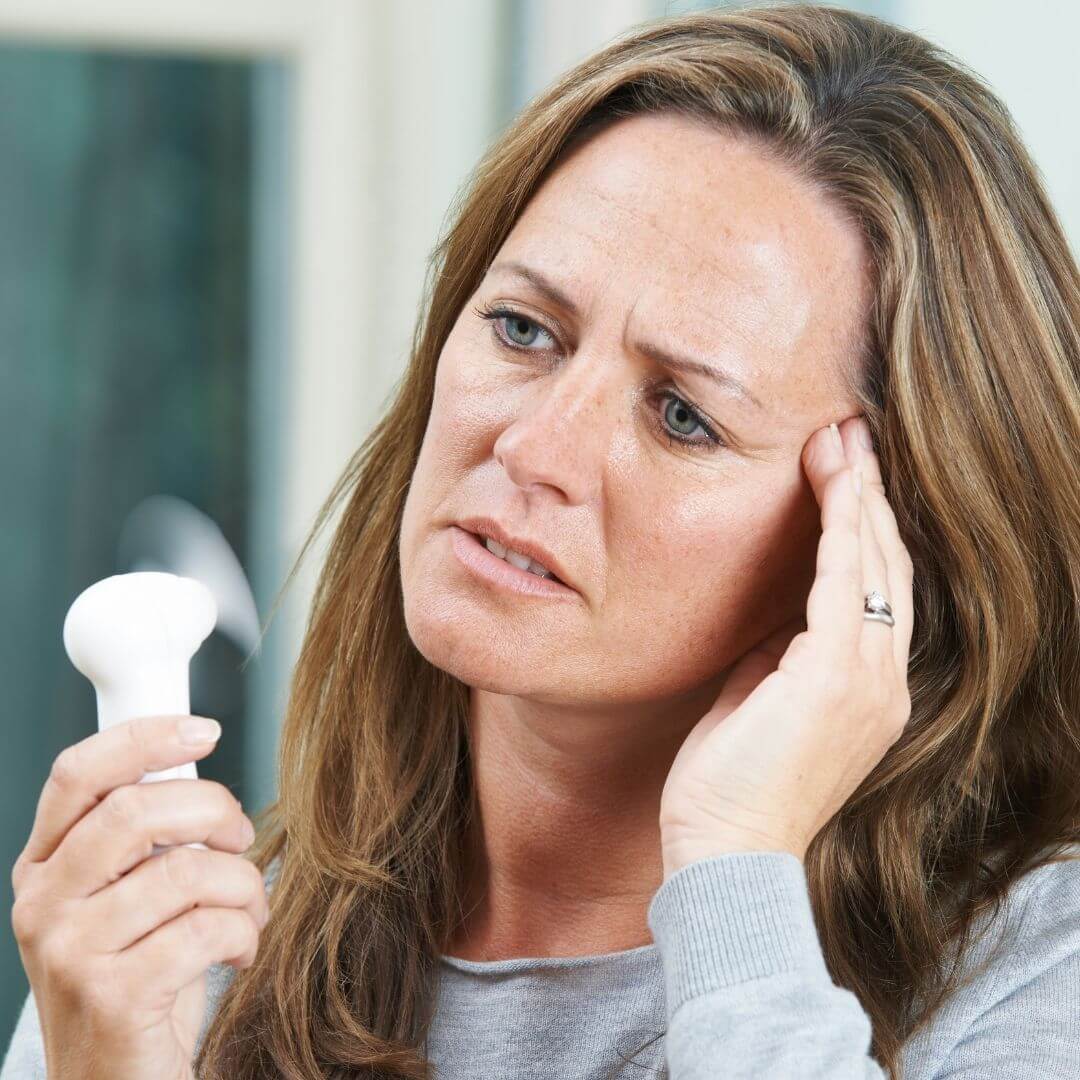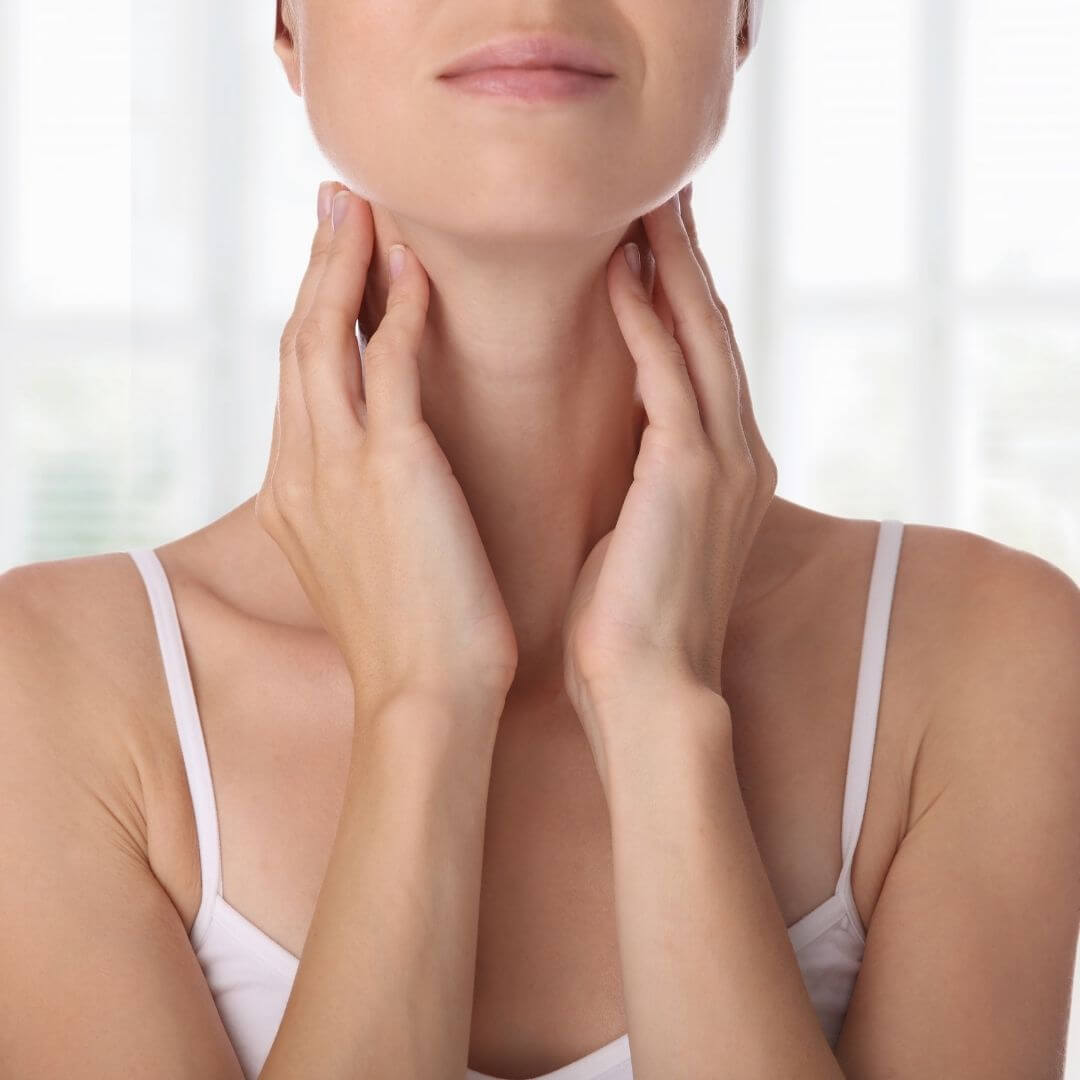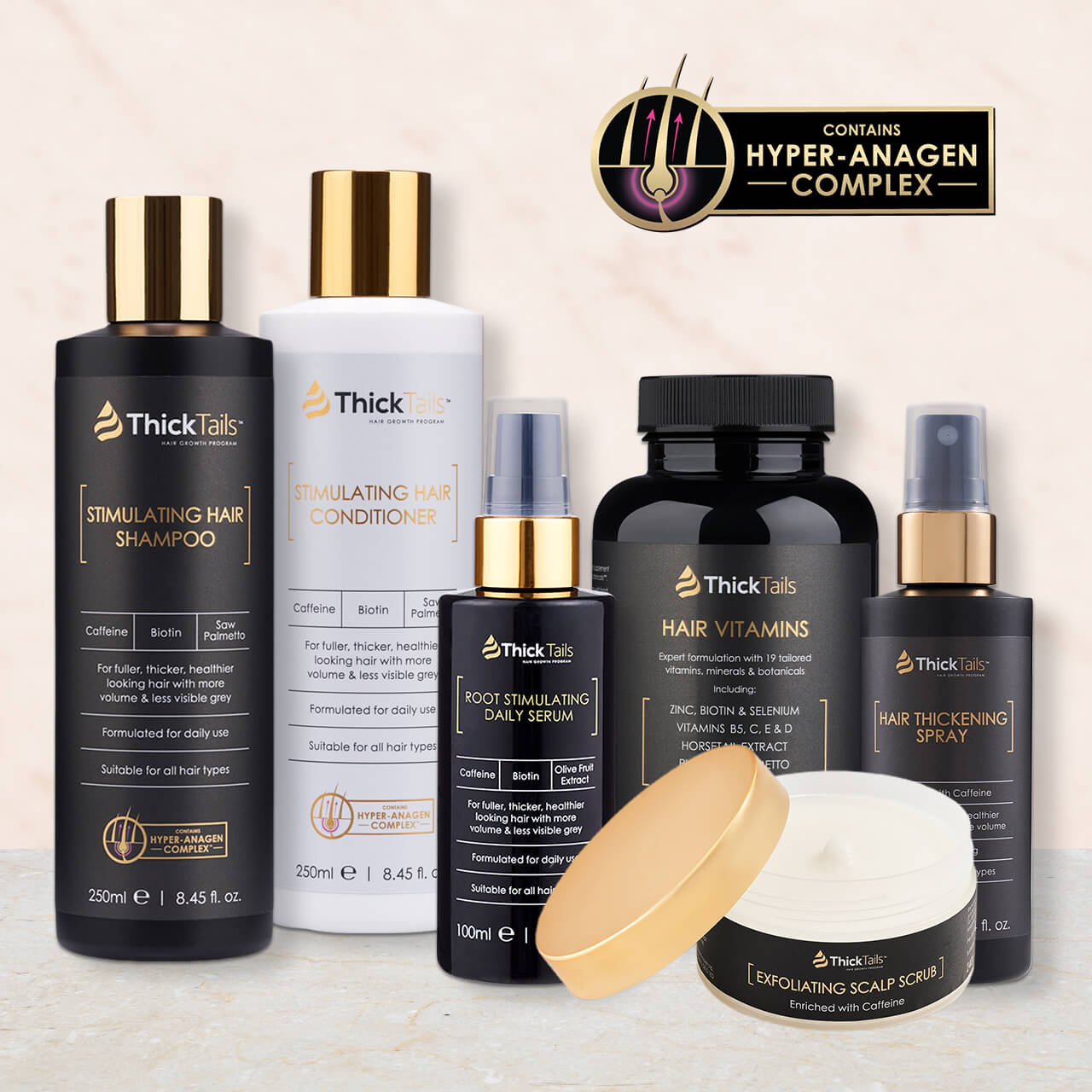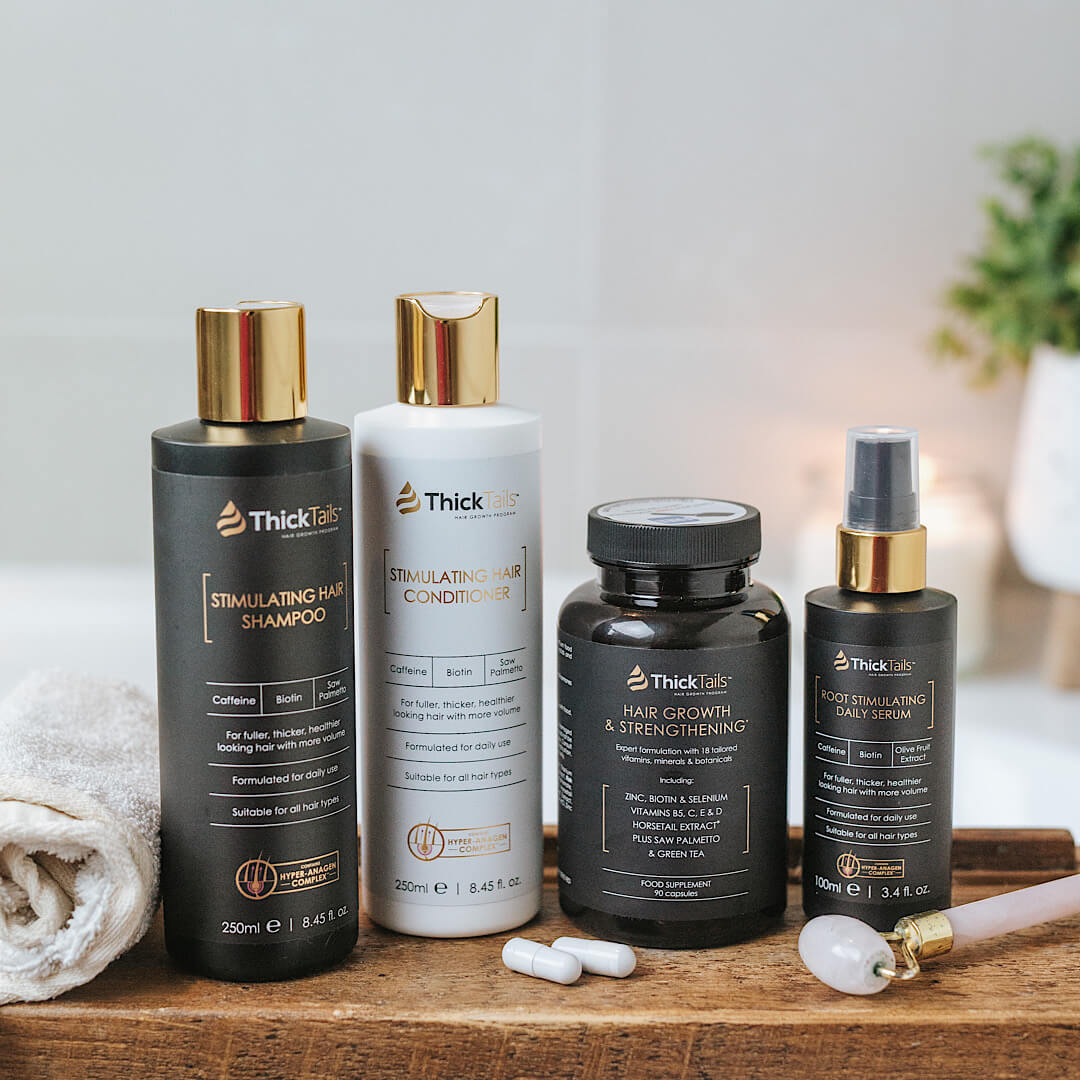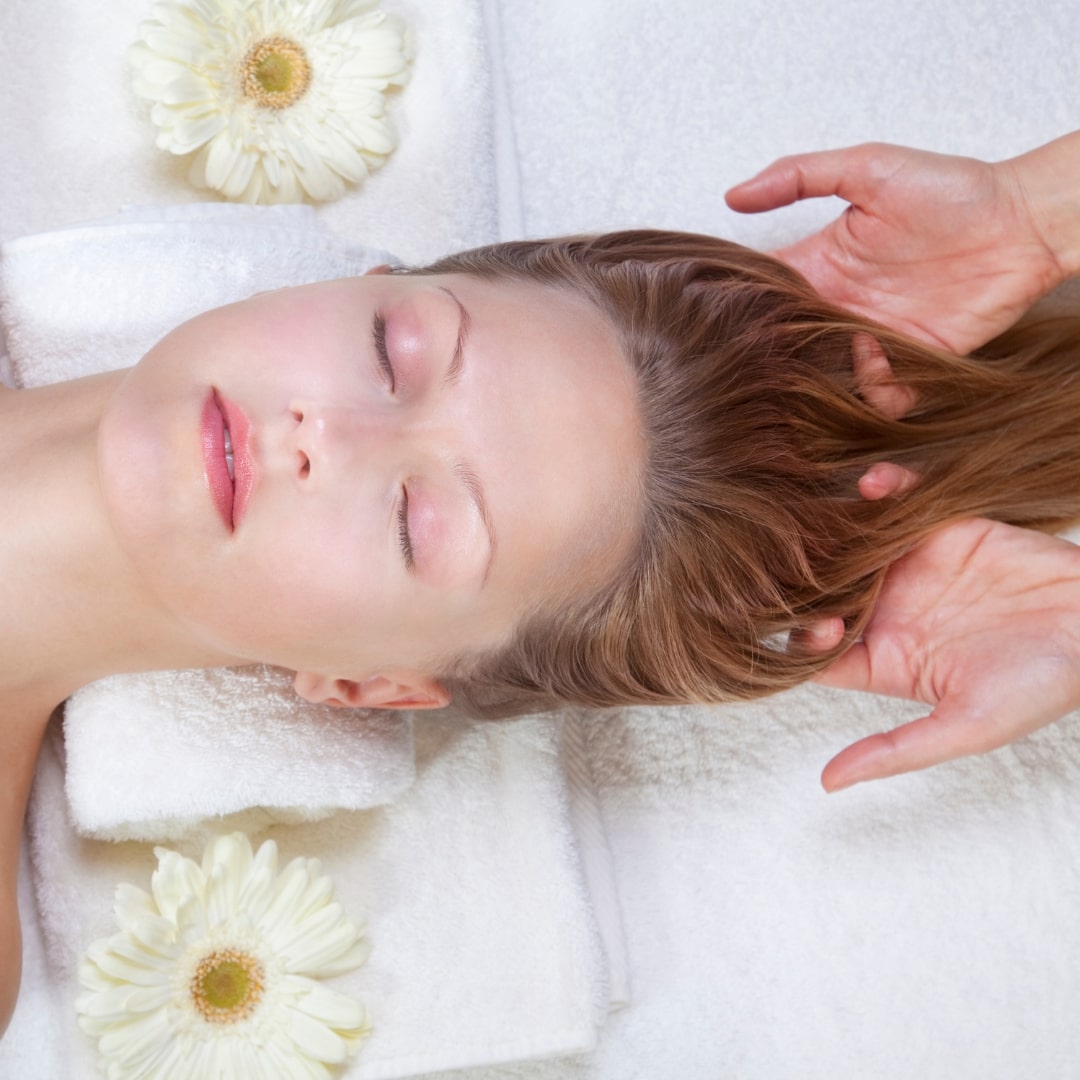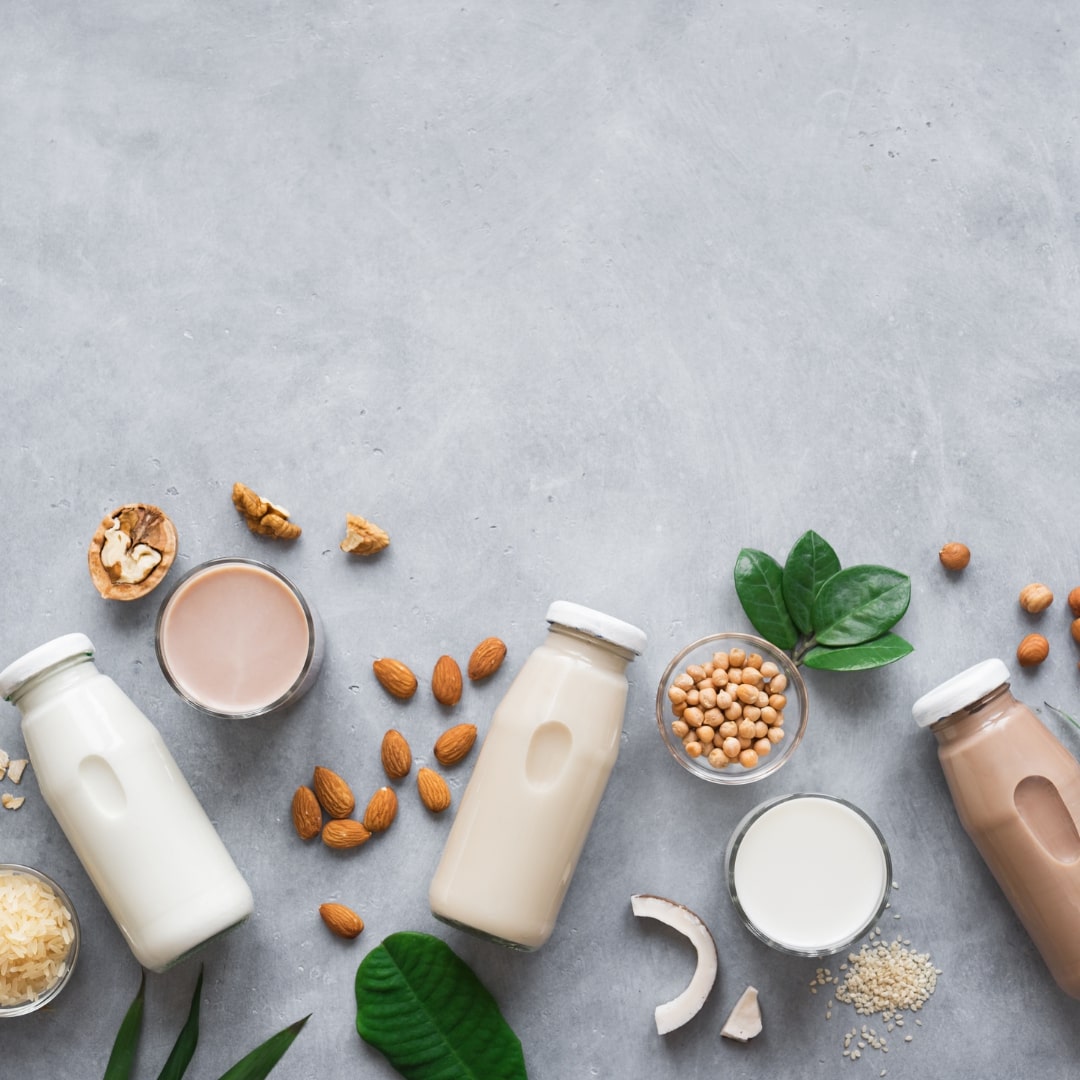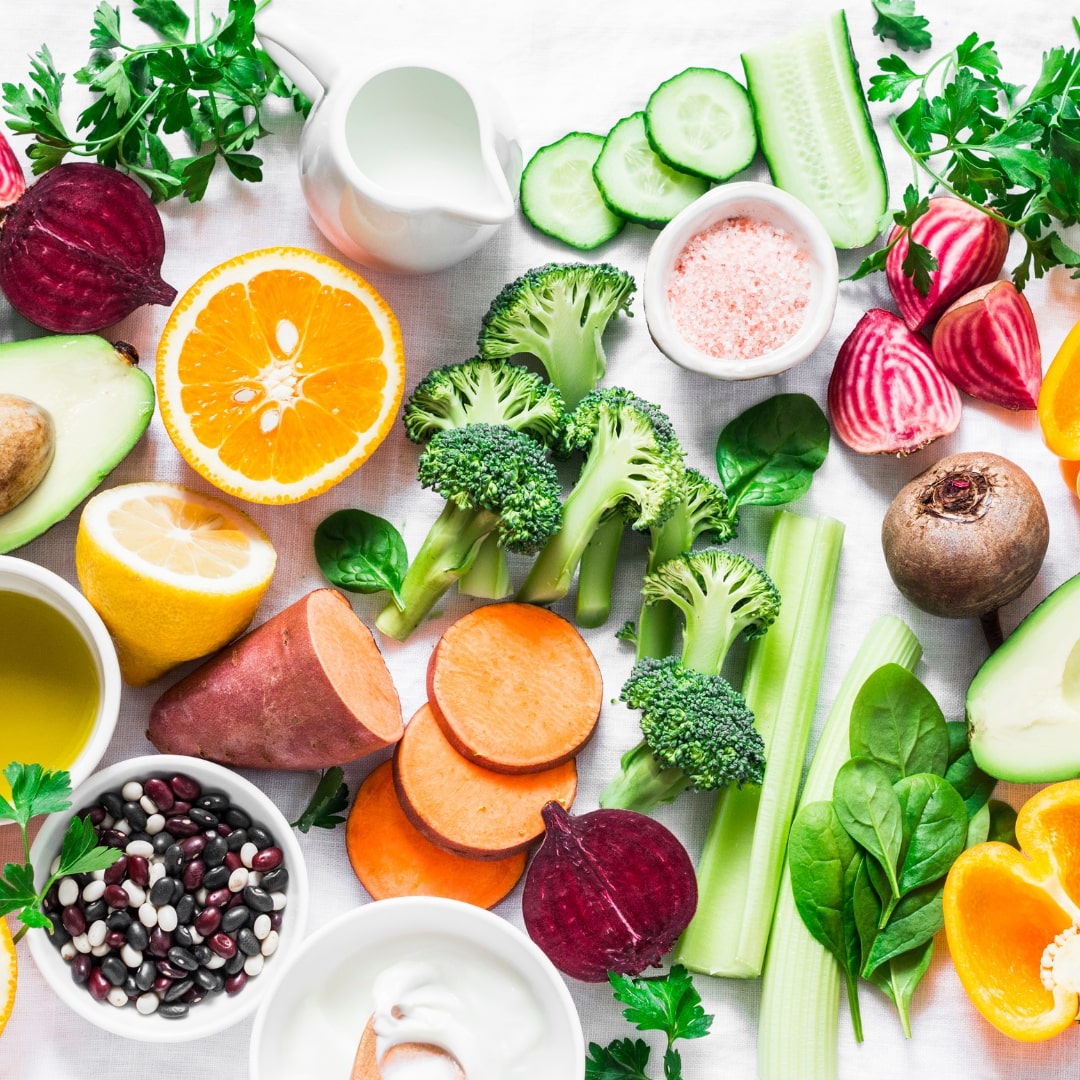Do you think your hair isn’t thick enough? Are you bothered by the limited hairstyles you can do with thinning hair?
Having thick hair has several advantages. Most women associate having thick hair with having healthy hair. Well, they’re not wrong. Having thick hair can result from having strong hair. When your hair strands are strong, you don’t have to worry about hair fall. Aside from the fact that genetics plays a significant role in human hair thickness, having a higher concentration of protein in the inner core of your hair strands is essential. This very core maintains the strength of your hair, which decreases the chances of hair thinning and hair loss.
How can you achieve having thick hair? Here are some natural ingredients and helpful tips you need to know to get the fuller, thicker hair you desire.

NATURAL INGREDIENTS THAT PROMOTE THICK HAIR GROWTH
1. Rosemary oil
Rosemary does not only serve as a food seasoning, but it also bears hair care benefits. Rosemary’s essential oil supplies nutrients and augments hair follicle growth. Although Rosemary oil is not considered pure oil, this extract enhances hair growth. Its extract can increase cellular regeneration. It speeds up the metabolism process of cells, accelerating the function of the cells to stimulate hair growth. With proper and ample application, hair growth becomes apparent, which gives you a fuller and thicker hair look.
Using Rosemary oil also has some considerations. Make sure that you use a high-quality form of Rosemary oil. The better the quality, the more effective it becomes. You also need to consider your application method. You may apply Rosemary oil directly to your scalp. If you think this may be quite harsh for your scalp, you may opt to create a formula using Rosemary oil along with other helpful natural ingredients. For instance, combine several drops of rosemary oil with olive oil or coconut oil, and massage it to your scalp. After ten minutes, rinse it with water. To get desired results, repeat this method for at least twice every week.
2. Jojoba Oil
Jojoba oil is another popular ingredient in most beauty and hair care products. Yes, it’s another essential oil, but what makes it significant in hair growth? How does this particular hair growth oil contribute to hair thickening?
Jojoba oil is extricated from the jojoba plant, a shrub native to the desert regions of Arizona, Southern California, and Mexico. Since jojoba oil has a fatty composition, this ingredient has been widely used for moisturizing. It is also added to hair shampoos and conditioners to prevent hair dryness and strand breakage. If you’re too worried about losing hundreds of hair strands in a day, you might have clogged pores on your scalp. If that is the case, Jojoba oil can rescue you. It dissolves the accumulation of dirt in your pores, thus allows new hair strands to grow.
Now, let’s pop the next question: Is it safe to use jojoba oil? Don’t worry. Studies have shown that this essential hair care ingredient is safe. Therefore, you can directly apply jojoba oil to your scalp. Just make sure to use this product sparingly. You may want to mix it with your favorite shampoo or conditioner, or you can purchase hair products containing jojoba oil.
3. Coconut Oil
Here’s why coconut oil is included in the list: Coconut oil is a top-tier ingredient in hair growth and hair thickness.
Coconut oil contains fatty acids and vitamins which nourish the scalp and remove sebum from clogging hair follicles. A study in India has reviewed coconut oil as a key ingredient in preventing protein loss in hair. Remember, protein is significant in maintaining strong and healthy hair growth. Various studies show that coconut oil provides better protection to further hair damage. By sealing off the cuticles, coconut oil prevents the strands from swelling up because of too much water, also known as hygral fatigue.
Frequent massaging of your head with coconut oil can also give you a dandruff-free scalp. What causes dandruff? The yeast-like fungus Malassezia is easily attracted to sebaceous glands on your scalp. Studies have shown that having an irritated scalp can prevent healthy hair growth. It is because this fungus consumes fatty acids and breaks the scalp’s skin barrier. Because the protective layer is open, water loss occurs and causes dryness. When you scratch your head due to dandruff, it aggravates your scalp, causing hair breakage. Dandruff worsens the skin, which coconut oil can alleviate since it contains antifungal properties.
HELPFUL TIPS ON HOW TO GET THICK HAIR
Selecting natural ingredients for your hair care routine is not enough. You have to keep in mind ways on how to show the TLC (tender loving care) your hair deserves.
1. Avoid hair dyeing.
Hair dyes contain harsh chemicals which can cause adverse effects on your growing hair. They contain ammonia and hydrogen peroxide, which weaken telogen hairs.
Hair dyes that lighten hair comprise high volumes of peroxide, a chemical necessary to remove eumelanin pigments. Once these pigments are removed, blonde colors can now be applied. The ammonia in the dye opens the hair cuticle and allows the dye and peroxide to penetrate and cause a pigment change. Knowing that the cuticle layer is wide-open, it is also essential to ensure that it gets closed. This process makes colored hair more porous; thus, hair breakage becomes more evident.
2. Stop extensively using hair drying tools.
Let’s be realistic – you need a hair drying tool whenever you dry your hair. Yes, it saves us time. But saving time doesn’t necessarily mean you get to protect your hair.
Blow drying your hair damages your crowning glory. The extreme heat from hair dryers can cause the hair cuticles to become stiff and brittle. Adding pressure to these affected cuticles can cause them to crack and in having split ends and strand breakage.
Using straightening and curling irons can also bring substantial damages to your hair. Straightening your hair using a flat iron causes your cuticles to crack. Your hair cuticles have layers that safeguard the water content of your hair fiber. Having cuticle cracks increases the chance of hair dehydration, which leads to dry, frizzy hair.
You may try some alternative ways of drying your locks. You can use a microfiber hair towel to squeeze out excess moisture from your damp hair. Another method is to air-dry your hair naturally. Then, use a hairdryer set in the most cooling temperature to avoid causing permanent damage to your hair.
3. Massage your scalp.
Muscles aren’t the only in need of a soothing massage. Your scalp needs relaxation, too. A scalp massage is beneficial, and there are several reasons you should treat yourself with a scalp massage.
First, it revitalizes blood flow. A 2016 study has found that a four-minute scalp massage can intensify the genetic activity responsible for hair growth. Experts in medical hair restoration also highly recommend scalp massages to prevent hair miniaturization. This problem happens when dihydrotestosterone or DHT blocks the hair follicle. Once it is blocked, the hair follicle’s bulb gets disconnected from the blood vessels. This obstruction makes it more difficult for nutrients to penetrate. It also prevents unwanted DHT from leaving, which results in thinning hair.
Second, scalp massaging can substantially reduce stress. Clinical studies have shown that stress causes a rapid increase in DHT. A study by the Journal of Physical Therapy Science also explains that having scalp massage twice per week lowers stress hormones, blood pressure, and heart rate. Not only does it give you a calming sensation, but it significantly improves hair thickness. To know more about stress and hair loss, click here.
Third, it can thicken your hair. Various researches have supported this claim. A Japanese study involved nine men who had undergone a four-minute scalp massage once a day for 24 weeks. The results were positive since the participants had significant hair thickness improvements at the end of the study. A 2019 research has also resulted in alopecia patients improving their hair growth.
Now, how do you massage your scalp? According to Jessie Cheung, MD, director of the Jessie Cheung MD Dermatology & Laser Center in Willowbrook, Illinois, you can start by gently massaging your scalp using your fingertips. Begin from the edges of your hairline and gradually rub your way toward the crown. Aside from the massaging techniques, including aromatherapy during a scalp massage is also a big help to boost blood circulation.
CONCLUSION
Getting the thick hair you’ve always wanted is never an easy path. You need to secure that your hair care products contain the best and safest ingredients for your locks. You may also need to ditch your hair-damaging habits, and start treating your hair right to get the thicker hair and pull of the hairstyles that you long for.
EXPLORE MORE
Find out more about hair growth products that your hair deserves. Check out the best hair thickening shampoo, best shampoo for hair growth, available hair growth oils, and natural hair vitamins.

